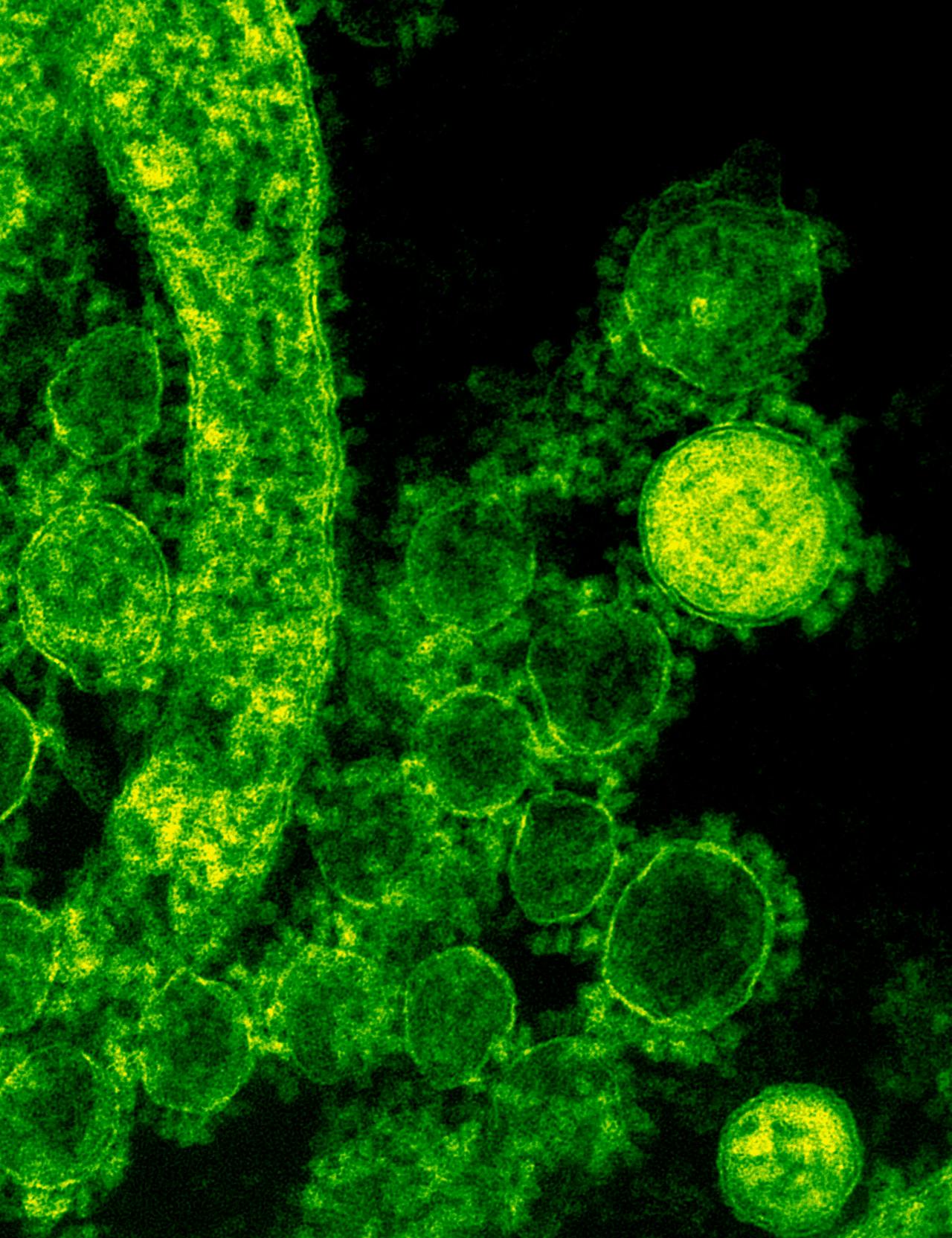Probiotics were first introduced to the American market in 2003 as functional ingredients in products such as dairy items, cereals, and snacks. Despite initial skepticism surrounding the idea of consuming live bacteria, the proven health benefits soon outweighed consumer reservations. By 2008, the probiotics market had grown to over $1.5 billion, a remarkable 160% increase, according to DataMonitor. While most people turn to probiotics for digestive health support, their benefits extend far beyond the gut. Let’s explore the many ways probiotics contribute to overall health and why their popularity continues to rise.
How Probiotics Work
Probiotics are live microorganisms that, when consumed in adequate amounts, confer health benefits to the host. These beneficial bacteria increase the colonization of healthy microflora in the intestines, suppressing the growth of pathogenic bacteria. A balanced intestinal microflora not only enhances digestion but also bolsters the immune system, promotes nutrient absorption, and supports overall health. Scientific studies continue to validate the role of probiotics in maintaining a healthy digestive system and preventing various diseases.
Beyond Digestive Health
While probiotics are best known for their digestive benefits, recent research highlights their potential in addressing other health concerns:
1. **Cholesterol Regulation**: Studies suggest that probiotics may help regulate cholesterol levels by breaking down bile in the gut, preventing it from being reabsorbed into the bloodstream. This process can lead to lower overall cholesterol levels.
2. **Immune Support**: Probiotics can stimulate immune cells, enhancing the body’s ability to fend off infections. This benefit is especially significant for reducing respiratory and gastrointestinal infections in children and adults.
3. **Urogenital Health**: Clinical trials have shown that specific probiotic strains can help prevent and manage uro-vaginal infections by maintaining a healthy microbial balance.
4. **Oral Health**: Emerging research indicates that probiotics may play a role in preventing tooth decay and promoting gum health, making them a promising addition to oral hygiene routines.
5. **Managing Chronic Conditions**: Probiotics have been used to alleviate symptoms of conditions such as Crohn’s disease, irritable bowel syndrome (IBS), lactose intolerance, and certain skin allergies. These applications underscore the versatility of probiotics in addressing diverse health issues.
Probiotic Combinations for Enhanced Benefits
The efficacy of probiotics can be further enhanced when combined with other beneficial ingredients:
**Probiotics with Prebiotics**: This synbiotic combination involves pairing probiotics with prebiotics—non-digestible fibers such as inulin and fructooligosaccharides (FOS). Prebiotics serve as food for probiotics, encouraging their growth and activity in the gut. The fermentation of prebiotics produces short-chain fatty acids (SCFAs), which nourish colon cells and contribute to overall health.
**Probiotics with Enzymes**: Enzymes help break down food into simpler components, enhancing nutrient absorption. While combining probiotics with enzymes can be challenging due to manufacturing constraints, advanced technologies are paving the way for more effective formulations.
**Probiotics with Multivitamins**: Pairing probiotics with multivitamins offers a comprehensive approach to health. However, this combination requires careful handling to preserve the viability of the probiotics, as they are sensitive to light, heat, and moisture.
Manufacturing Challenges and Solutions
Producing high-quality probiotics presents unique challenges. Ensuring the survival of live bacteria during manufacturing and storage is critical. Factors such as temperature, humidity, and oxygen exposure can compromise the stability of probiotics. Advanced technologies like microencapsulation offer a solution by protecting probiotics with an outer coating, ensuring their viability and efficacy.
Additionally, selecting the right probiotic strains is crucial. Each strain has specific health benefits, and even slight genetic variations can yield different outcomes. Reputable manufacturers use branded probiotics or conduct rigorous research to ensure the reliability and effectiveness of their products.
Consumer Tips for Choosing Probiotics
When selecting a probiotic supplement, consumers should look for clear labeling that includes the genus, species, and strain of the probiotics, as well as the expiration date. Following the recommended storage and usage instructions is essential to maximize the benefits of the product. For example, some probiotics may require refrigeration or should be consumed on an empty stomach to survive stomach acidity.
The Future of Probiotics
As research continues to uncover new applications for probiotics, their role in health care is expected to expand. From supporting mental health to reducing inflammation, probiotics are poised to become a cornerstone of preventive medicine. By integrating probiotics into daily routines, individuals can take proactive steps toward improving their overall health and well-being.
Probiotics are more than just a trend; they represent a scientifically validated approach to enhancing health. From improving digestion to supporting immunity and managing chronic conditions, these beneficial bacteria offer a wide range of benefits. By choosing high-quality probiotics and incorporating them into a balanced lifestyle, individuals can unlock their full potential and enjoy a healthier future.
This article is editorial in nature and does not constitute medical advice. Always consult a physician for any health-related concerns, whether psychological or physical.
References:
1. Probiotic therapy - recruiting old friends to fight new foes, Gut Pathogens 2010, 2:5.
2. Cabana MD, Shane AL, Chao C, et al. Probiotics in primary care pediatrics. Clinical Pediatrics. 2006;45(5):405–410.
3. Doron S, Gorbach SL. Probiotics: their role in the treatment and prevention of disease. Expert Review of Anti-Infective Therapy. 2006;4(2):261–275.
4. Ezendam J, van Loveren H. Probiotics: immunomodulation and evaluation of safety and efficacy. Nutrition Reviews. 2006;64(1):1–14.
5. Gill HS, Guarner F. Probiotics and human health: a clinical perspective. Postgraduate Medical Journal. 2004;80(947):516–526.
6. Huebner ES, Surawicz CM. Probiotics in the prevention and treatment of gastrointestinal infections. Gastroenterology Clinics of North America. 2006;35(2):355–365.
7. Reid G, Hammond JA. Probiotics: some evidence of their effectiveness. Canadian Family Physician. 2005;51:1487–1493.
8. Salminen SJ, Gueimonde M, Isolauri E. Probiotics that modify disease risk. Journal of Nutrition. 2005;135(5):1294–1298.
9. Vanderhoof JA, Young RJ. Current and potential uses of probiotics. Annals of Allergy, Asthma, & Immunology. 2004; 93(5 suppl 3):S33–S37.
10. Cholesterol-Lowering Effects of Probiotics and Prebiotics: A Review of in Vivo and in Vitro Findings, Int J Mol Sci. 2010; 11(6): 2499–2522.
11. Probiotics promote gut health through stimulation of epithelial innate immunity, PNAS January 5, 2010 vol. 107 no. 1 454-459.
12. Probiotic Lactobacilli for Urogenital Health in Women, Journal of Clinical Gastroenterology: September 2008 - Volume 42 - Issue - pp S234-S236.
13. Probiotics: health benefits in the mouth, Am J Dent. 2009 Dec;22(6):329-38.
14. Recommendations for Probiotic Use, Journal of Clinical Gastroenterology: March 2006 - Volume 40 - Issue 3 - pp 275-278
15. Probiotics, prebiotics, and synbiotics, Adv Biochem Eng Biotechnol. 2008;111:1-66.
16. It's Time for Enzymes to Shine:
17. Effect of a probiotic multivitamin compound on stress and exhaustion, Adv Ther. 2002 May-Jun;19(3):141-50.













